The Ultimate Guide to Toronto's Best Move-Up Neighbourhoods for Families

Thinking about moving up to a neighbourhood that actually fits the next stage of family life? Toronto has pockets that combine excellent schools, parks, transit for busy parents, and community vibes where kids can grow up running to each other’s houses. Below I break down the spots families keep circling back to — what makes them work for families, the trade-offs, and the practical things parents should watch for.
East End: East York, Leslieville, and The Beaches — easy outdoor life + family-first culture
Why families love it: these neighbourhoods offer walkable streets, abundant green space, and a community pace that suits young kids (playdates, playgrounds, beaches). Leslieville and East York have become magnets for young families because of cafés, parks, community centres and a strong roster of nearby schools. The Beaches is in a class of its own for families who want lake access, long boardwalks for biking and stroller walks, and a small-town-by-the-lake feel inside the city.
Quick takeaways
-
Best for: families who want outdoor time (beaches, parks), local shops, and neighbourhood festivals.
-
Trade-off: homes can be competitive (and pricier) where lake access or large yards are possible; parking/commute time should be checked if both parents commute downtown.
North Toronto: Lawrence Park & Bedford Park — schools and quiet streets
Why families love it: Lawrence Park and Bedford Park rank highly for school reputation and leafy, low-traffic streets where kids can bike and walk to friends’ houses. These areas sit in strong school catchments and feed into well-regarded public and private options, which is a major draw for move-up buyers focused on education and long-term resale. If a top local school and a classic “midtown” neighbourhood feel are priorities, this is where to start. HoodQ+1
Quick takeaways
-
Best for: families prioritizing school quality, quiet streets, and larger lot sizes.
-
Trade-off: price per square foot tends to be higher; commute routes vary — many families accept a slightly longer commute for the school/residential benefits.
West End gems: High Park & Roncesvalles — greenspace + neighbourhood soul
Why families love it: High Park has one of the city’s best backyard playgrounds — literally (High Park itself) — with trails, a zoo, playgrounds and year-round programming. Roncesvalles offers a strong main street, excellent playgrounds, and a genuine community feel (farmers markets, festivals and cafés). Both neighbourhoods give young families easy access to parks and family programming while keeping the advantages of transit and nearby schools.
Quick takeaways
-
Best for: families who want a mix of urban convenience and big outdoor spaces within walking distance.
-
Trade-off: a high demand for family-sized housing — older homes that need renovation are common, and condos are limited if you want yard space.
Transit accessibility for working parents — what matters
Working parents need predictable commutes. The TTC’s expanded accessibility on buses, streetcars, and subways plus new transit investments around the city mean more neighbourhoods are genuinely commutable without a car. For families this translates to: reliable routes for daycare drop-offs, school runs, and evening activities; safe, walkable corridors to frequent public transit; and often, improved local services that follow better transit. Always map the daycare/school commute separately from the office commute — they’re often different routes and times of day. TTC+1
Practical transit checklist for parents
-
Confirm morning and evening frequency on your likely routes (not just proximity to a stop).
-
Check step-free/stroller access at stations if you’ll be juggling kids and bags.
-
Try a test run during the commute times you’ll actually use.
Community amenities — the little things that add up
Families care about:
-
Parks and playgrounds within a 10–15 minute walk (or a short bike ride).
-
Community centres and public libraries with strong children’s programming.
-
Local clinics, dentists, and family-friendly cafes/restaurants.
-
Weekend markets, kid-friendly festivals, and active school councils.
Neighborhoods like Leslieville, The Beaches, High Park and Roncesvalles score highly on this because they pair daily conveniences with community programming that reduces the friction of family life.
Future development & what to watch for
Two big themes shaping family neighbourhoods over the next 5–10 years:
-
Waterfront & Port Lands revitalization — large-scale waterfront projects (parks, new housing, flood protection and mixed-use communities) will change certain east-end dynamics and add significant parkland and family-oriented infrastructure over time. That means potential new amenities and, over the long term, more housing supply around the lakeshore. Waterfront Toronto+1
-
Major transit projects (Eglinton Crosstown and related works) — new/light-rail lines and station upgrades can transform midtown and adjacent neighbourhoods by shortening commutes and encouraging new local retail and services. The short-term impact can include construction noise and traffic disruption; the long-term effect is often improved connectivity and higher demand for nearby family housing. Metrolinx+1
What families should do now
-
Ask local realtors or the city for timelines on projects near any homes you’re considering (construction windows matter for toddlers and school starts).
-
Factor accessibility improvements into resale assumptions — being near a new LRT stop or waterfront park often improves resale but may push prices up in the interim.
-
Consider the “5–10 year” lens: if you plan to stay long-term, upcoming parks or schools can be a big plus.
Putting it together: which neighbourhood fits your family?
Use this quick decision guide:
-
Want lake days + small-town charm? Look at The Beaches.
-
Want a social, café-forward neighbourhood with parks and programs? Leslieville / East York.
-
Prioritizing top schools and quiet streets? Lawrence Park / Bedford Park.
-
Love big urban parks and a lively main street? High Park / Roncesvalles.
Final checklist for move-up family buyers
-
Visit at the exact times your family will use the neighbourhood (school drop-off, evening meals, weekends).
-
Talk to parents at local parks and schools — they’ll tell you the real pros and cons.
-
Confirm school catchment lines and waitlists (and alternatives — French immersion, gifted, private options).
-
Run a commute test for each parent at real commute times.
-
Ask about planned developments nearby (transit work, waterfront projects) and how long construction will last.
Marina Paul is a Toronto real estate specialist focused on move-up buyers. She's helped over 300 families navigate the transition from starter homes to dream homes, and she's never met a calculator she didn't like. For a confidential consultation about your move-up math, contact Marina at 416-414-8496.
- The School District Dilemma: Timing Your Move-Up for Educational Success
- Winter Buying Advantages: Why February is Prime Time for Move-Up Purchases
- DECEMBER 2025: REAL ESTATE MARKET REPORT
- Move-Up Success Stories: How 5 Toronto Families Made Their Dream Upgrade
- New Year, New Home: January Market Advantages for Move-Up Buyers
